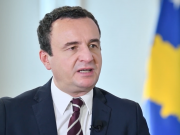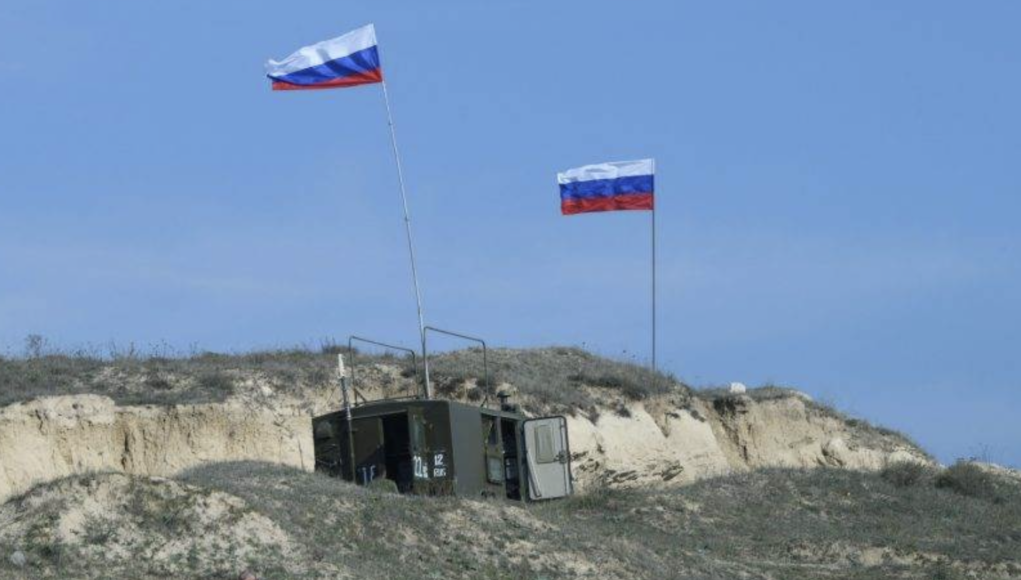On 10th October 2020 the President of Azerbaijan and the Prime Minister of Armenia signed an agreement brokered by Russian President Vladimir Putin seemingly ending the fighting in the Nagorno-Karabakh region. While the situation remains fluid and developing , this event has generally been viewed as victory in Baku and defeat in Yerevan. As large-scale military operations are seemingly coming to an end, the post-conflict landscape in the region is beginning to quickly take shape, and its difficulties will likely be more complicated, intricate, and drawn-out than the 44-day battlefield dynamic. Russia stood by during much of the conflict, but took advantage of its shift to press for an agreement which included the rapid deployment of Russian peacekeeping forces to the region.
The present conflict in the Western Balkan region between Kosovar and Serbian population looks like perfect model or the future arena for deployment of the same Russian malign influence model. Russian involvement in disputes between sovereign countries to manipulate and maintain their control.
Russia’s behaviour in the Nagorno-Karabakh conflict serves as a warning for Serbia and Kosovo on how Russia uses conflicts between nations to manipulate, dominate, and extend its malign influence abroad. Just as Moscow tries to use the territorial dispute between Serbia and Kosovo to retain its influence in the Western Balkan Region, the Moscow-brokered peace deal between Azerbaijan and Armenia allows the Kremlin to extend its influence in the Caucasus and may be a part of a plan to oust the Armenian leadership so they can be replaced with more pliable individuals.
The Kremlin essentially ignored Armenia’s status as a CSTO member and all but forced the Armenians to accept a humiliating deal viewed as a defeat in Yerevan and a victory in Baku, that protects Moscow’s interests much better than Armenian interests, and now Russian “peacekeepers” will be ensconced for years to come to implement Russian foreign policy as Russia sees fit.
Russia’s insertion of troops into the Nagorno-Karabakh dispute gives Russia a foothold that allows it to assert its malign influence over the region and manipulate it as desired, while keeping Azerbaijan and Armenian interests. It is possibly that Russia purposely waited to get involved as punishment for Armenia not falling in line with Russian policy? The Russians repeatedly show that they are only in it for themselves – is it possible they will try to replace the Armenian leadership with someone more pliable who will bend to the Russian will? We all know that Russia believes Serbia should be subordinate to Moscow’s rule – is it possible that they will also try to replace the leadership in Serbia to to regain control?
The increased isolationism of US foreign policy and a lack of interest by the European Union and European countries in the region, coupled with the global COVID-19 pandemic’s shifting of most countries’ attention on domestic public health concerns, have all provided an opportunity for Russia in the first place to “hijack” the Nagorno-Karabakh dossier from the Minsk Process and convert it into a regional endeavour in to ease their manipulation and malign influence.
































